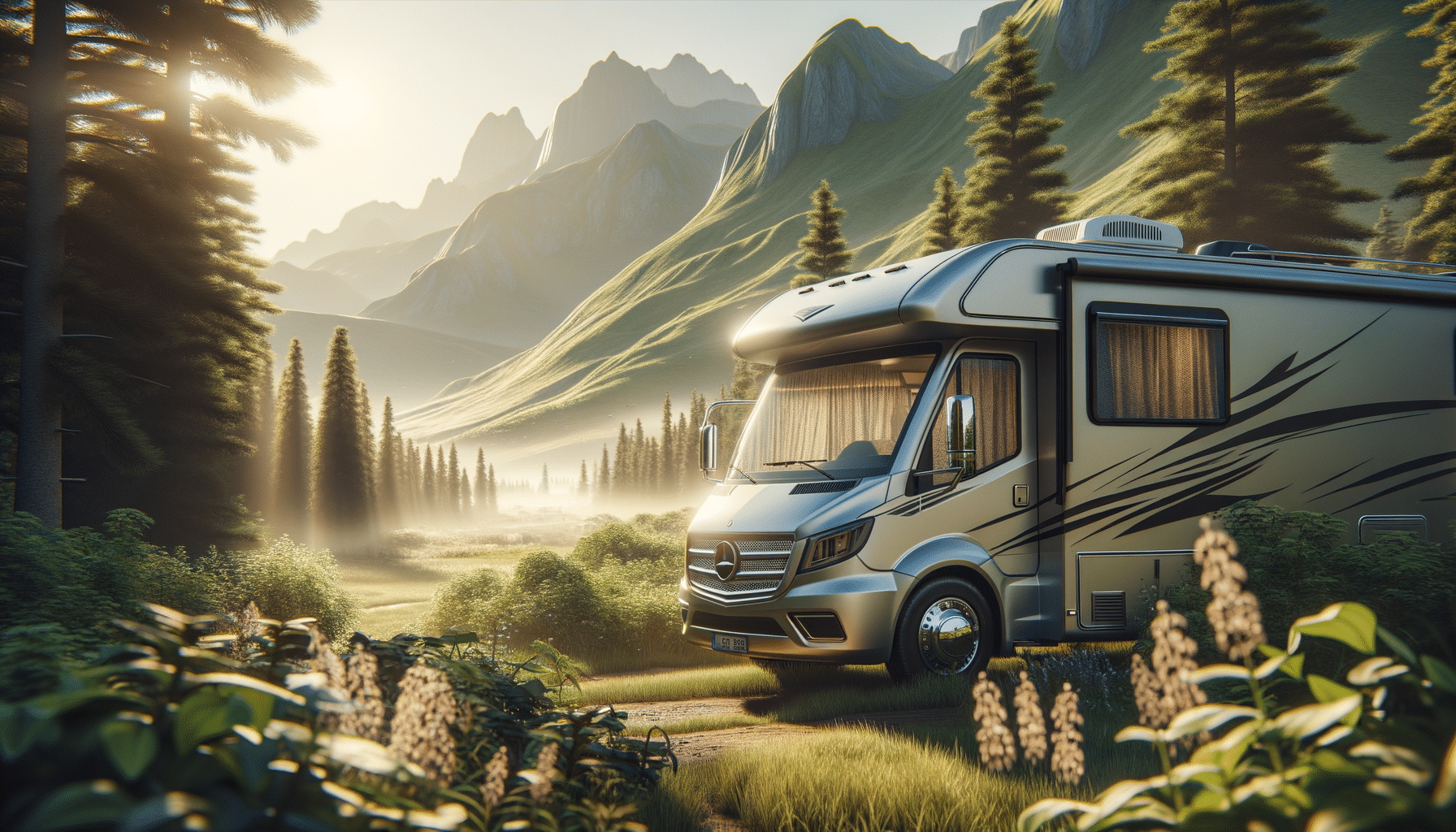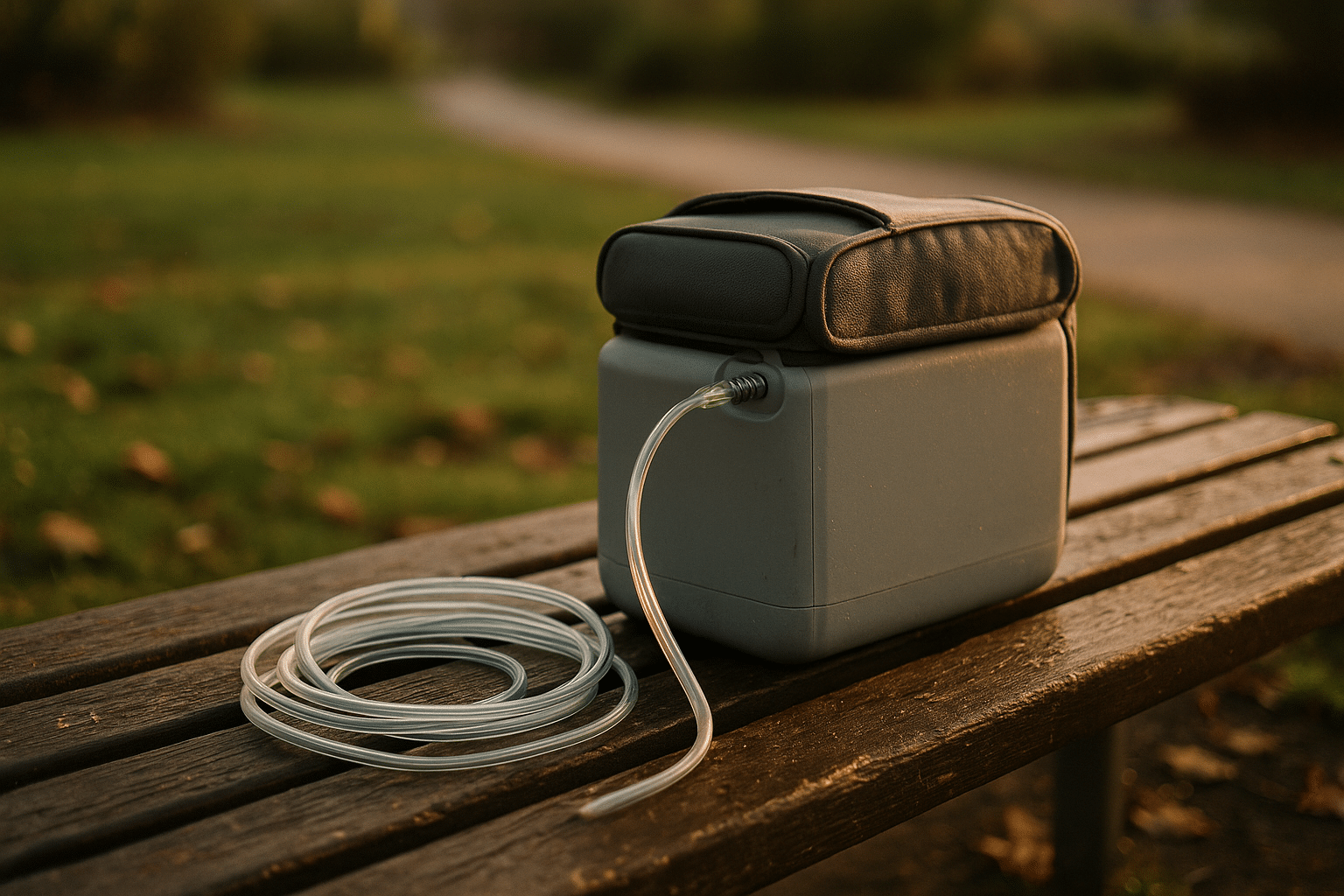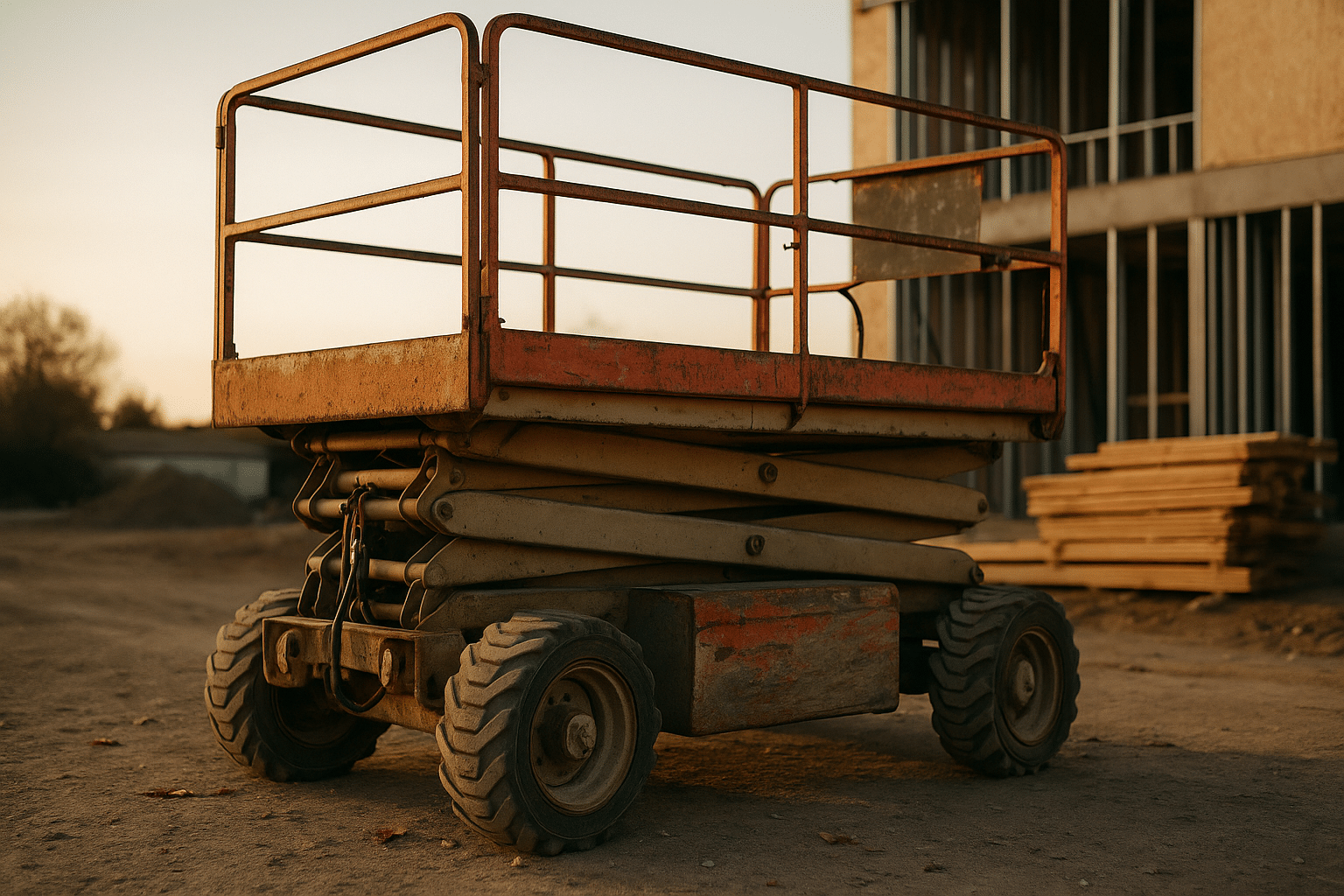
Exploring the World of Motorhomes: A Journey into Mobile Living
Introduction to Motorhomes
Motorhomes, a fascinating blend of travel and lifestyle, have become a symbol of freedom and exploration. Offering a home on wheels, they allow travelers to venture into the unknown while retaining the comfort and convenience of their living space. In recent years, the allure of motorhomes has grown, attracting a diverse group of enthusiasts eager to experience life on the road. This article delves into the various aspects of motorhomes, from their types and features to the benefits they offer to travelers.
Types of Motorhomes
Motorhomes come in a variety of shapes and sizes, each designed to cater to different needs and preferences. The three main categories are Class A, Class B, and Class C motorhomes. Class A motorhomes are the largest and most luxurious, often equipped with high-end amenities such as full-sized kitchens, spacious living areas, and even entertainment systems. They are ideal for those seeking a lavish travel experience.
Class B motorhomes, also known as camper vans, are more compact and maneuverable. They offer a cozy and efficient space, perfect for solo travelers or couples. Despite their smaller size, they are equipped with essential features like a small kitchen, sleeping area, and bathroom facilities.
Class C motorhomes strike a balance between the two, offering more space than Class B but at a lower cost than Class A. They are distinguished by their over-cab sleeping area, making them a popular choice for families. Choosing the right type of motorhome depends on factors such as travel plans, budget, and personal preferences.
Features and Amenities
Modern motorhomes are equipped with a wide range of features that enhance the travel experience. These mobile homes often include a kitchen area with a stove, refrigerator, and sink, allowing travelers to prepare meals on the go. Bathrooms with showers and toilets provide convenience and privacy, eliminating the need for frequent stops along the way.
Living areas in motorhomes are designed for comfort, with seating that can often be converted into additional sleeping space. Many motorhomes come with built-in entertainment systems, including TVs and audio equipment, making long journeys more enjoyable. Storage solutions are also a key feature, with clever designs maximizing space for personal belongings and travel essentials.
Advanced motorhomes may include features such as solar panels for off-grid power, satellite TV, and internet connectivity, ensuring travelers remain connected to the world while exploring remote destinations. These amenities make motorhomes a versatile option for both short getaways and extended adventures.
Benefits of Motorhome Travel
The benefits of traveling in a motorhome are numerous, appealing to both seasoned travelers and those new to the lifestyle. One of the most significant advantages is the flexibility it offers. Travelers can set their own pace, choosing destinations and routes without the constraints of hotel bookings or flight schedules. This freedom allows for spontaneous adventures and the opportunity to discover hidden gems along the way.
Motorhomes also provide a cost-effective solution for long-term travel. While the initial investment may be substantial, the ability to cook meals and avoid hotel expenses can lead to significant savings over time. Additionally, motorhomes offer a closer connection to nature, with the ability to camp in scenic locations and enjoy outdoor activities.
Another key benefit is the sense of community among motorhome enthusiasts. Many travelers form lasting friendships with fellow adventurers, sharing tips and experiences that enrich their journeys. This camaraderie adds a social dimension to the motorhome lifestyle, making it a rewarding experience beyond the travel itself.
Considerations for Prospective Motorhome Owners
For those considering purchasing a motorhome, there are several important factors to keep in mind. Budget is a primary consideration, as motorhomes can vary widely in price depending on size, features, and brand. Prospective owners should also evaluate their travel needs and preferences, ensuring the chosen motorhome aligns with their lifestyle.
Maintenance and storage are also crucial aspects to consider. Motorhomes require regular upkeep to ensure they remain in good condition, and owners must have a suitable place to park their vehicle when not in use. Additionally, understanding the regulations and requirements for driving a motorhome is essential, as these vehicles often have different licensing and insurance needs compared to standard cars.
Finally, potential owners should take the time to test different models and layouts, gaining firsthand experience of what works best for them. This hands-on approach can help avoid costly mistakes and ensure a satisfying investment in a motorhome that complements their travel ambitions.


